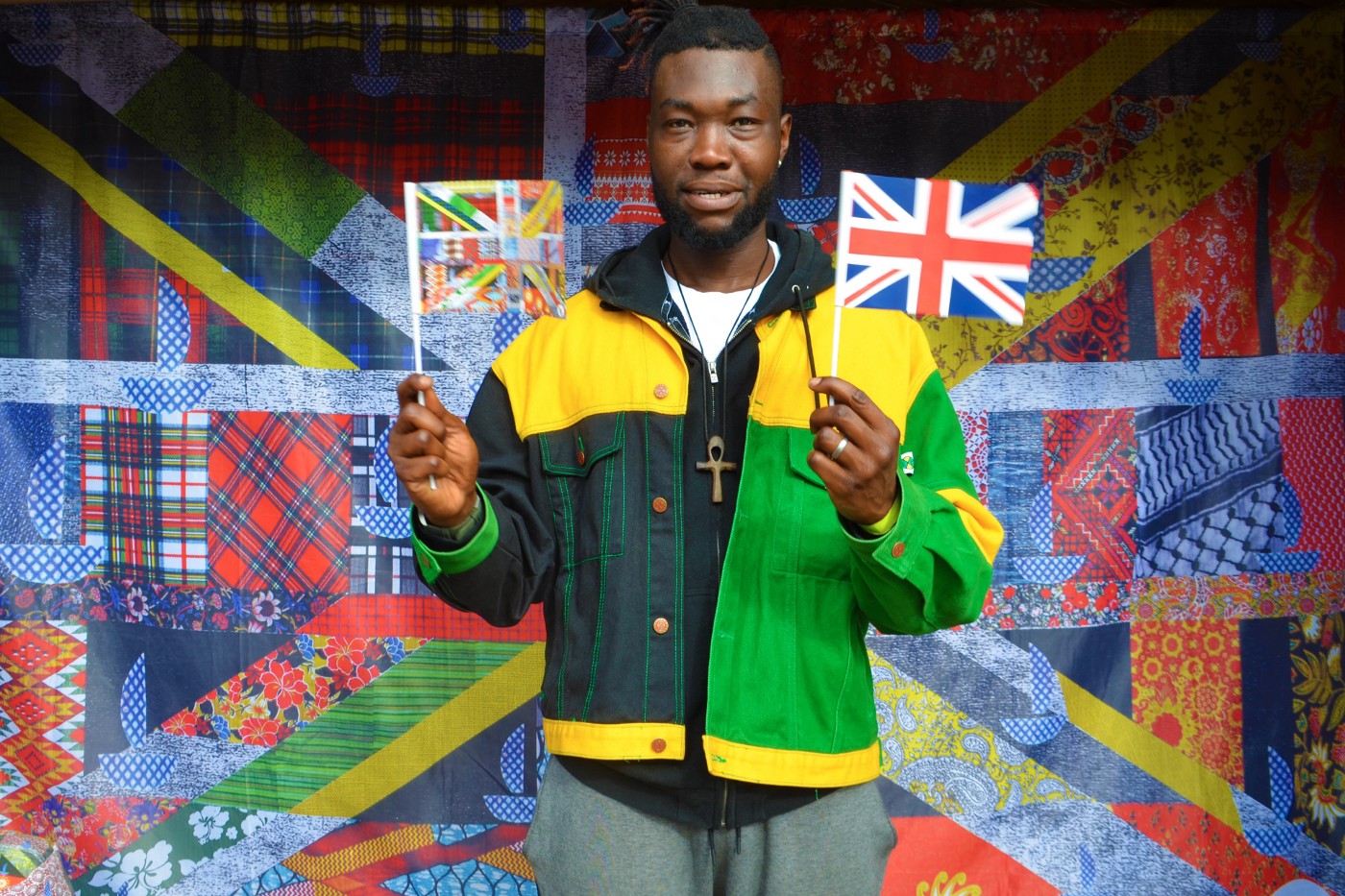Case Study LENNY HENRY: A PERSONAL STORY
At the end of the post there is a link to a BBC documentary that looks at the life and work of black comedian Lenny Henry. I have noted a couple of key moments that may help you to link the theory to a personal story. It is also worth noting that he has now become an activist raising issues of discrimination and under-representation in the media for the BAME community. See this Guardian article

Watch some of this BBC documentary https://www.bbc.co.uk/iplayer/episode/m000ct0t/imagine-2020-1-lenny-henry-young-gifted-and-black
For example, look at 10:30 at the ideas around ‘assimilation‘ and ‘integration‘ this links to Gilroy’s ‘dual identity‘ and to his idea of ‘conviviality‘ – ‘the process of cohabitation and interaction that have made multi-culture an ordinary feature of social life in Britain’s urban areas and in postcolonial cities elsewhere’ (2004:xi). However, the clip does raise a number of questions:
- Q: How are black people seeing themselves?
- Q: Is it through a ‘white lens’, a ‘black lens’, or both?
- Q: Are there separate identities that are required for survival?
- Q: Do you remember Giddens / Gauntlets ideas around reflexive identity making? Visit this post if you want / need to find out more
Watch this section of the documentary: 32:30-36:30, to see how he presents himself as a young black comedian in the 1970’s. Look at who he presents himself to (a predominantly white audience). Listen to how he now evaluates and reflects back on his ‘performance’ imbued with belittling, derogatory racial slurs that he puts upon himself.
- Q: Did he need to do this as a technique of survival?
- Q: Do you think people still do this today?
- Q: Is this a recognised way of playing out your own identity in public?
Again visit this post on representation and the self and look at the section on both Irving Goffman and the Johari Window.
Follow on in the video and you can see how Lenny Henry has now become an activist raising issues of discrimination and under-representation. See this Guardian article. Do you still think he needs to do this?
Or ‘follow back’ from this to look at the video below that looks at racial stereotyping on television in the 1970’s. Why don’t you talk to your parents or grandparents and find out what memories they have of this time?
For those who have been paying attention you may see how Stuart Hall fits into this theoretical approach, the last video on this post (Racism on British TV – from the 1970’s) is actually introduced by Stuart Hall. Indeed, Paul Gilroy took his PhD at Birmingham University, the site of the well recognised Centre for Contemporary Cultural Studies (CCCS), one of the early and pioneering centres for what was then the new academic subject of Media / Cultural Studies! If anybody had a look at this Audience Post you may remember that there was a section on this.
our cultural identities reflect common historical experiences and shared cultural codes
Stuart Hall, 1997: 22

